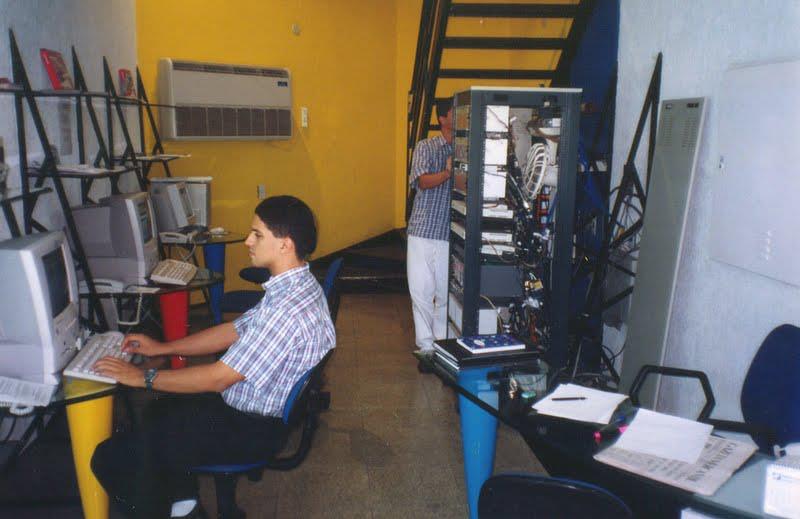Meritocracy in Action
“Meritocracy is a system of a government or another organization wherein appointments are made and responsibilities are given based on demonstrated talent and ability (merit), rather than by wealth (plutocracy), family connections (nepotism), class privilege (oligarchy), cronyism, tenurocracy (based in seniority), popularity (as in democracy) or other historical determinants of social position and political power. In a meritocracy, society rewards (by wealth, position, and social status) those who demonstrated talent and competence, demonstrated through past actions or by competition.” – Wikipedia (Meritocracy)
I think “Meritocracy” is a very beautiful concept. In my humble opinion, it is a subclass of Democracy, but with highly honest and fair people even with their worse enemies. In a democracy, a person can get higher positions in the society just because she can convince other people about her competence. In a meritocracy, she doesn’t have to convince, she has to prove her competence and other skills.
Meritocracy is not perfect, as democracy is nether. To deploy a meritocratic system, a leader should have an open mind, be able to observe people, identify their abilities, understand their weaknesses, recognize every single good action, and, the most important, do not differentiate people by personal affinity. Leaders with this profile are very rare, which makes meritocracy a difficult system to implement or it is implemented in a wrong way. If you want to find meritocratic leaders, keep in mind that they have an unquestionable passion for their dreams and they know that they need very good people around them to support those dreams.
There are also those who deserve or not to be in a meritocracy. If you become very disappointed when your closest colleague is promoted and you are not or you work exactly on the boundaries of your rule or salary, then meritocracy may not be a good social system for you. To be part of a meritocracy is all about entrepreneurship with managed expectations, which means you have to do your best and don’t expect for immediate recognition. If you are like that and you are still waiting for recognition, it means that you are a meritocratic in a non-meritocratic system. Then you have two options: quit as soon as possible or adapt yourself to the true reality.

The best example of meritocracy I’ve ever seen happened in CEJUG in 2008. Before, some previous facts: Years ago, we (the JUG leader team) decided to adopt a meritocratic system, where normal members can become JUG leaders when they show constant contributions to the community and some level of leadership. Our first great example of meritocratic promotion happened in 2007 with Rafael Carneiro, who started to organize monthly events with a religious discipline. Today he is famous because of that. Rafael really deserved that, even being a very good friend of the current leaders.
At the end of 2007, SUN created the Campus Ambassador Program and they selected a student in the Ceará Federal University to promote SUN’s technologies with university students. The problem was that SUN did it without asking CEJUG for an indication, recommendation or event a humble opinion. As the third biggest JUG in Latin America (and why not the most active) we felt totally ignored, absent for SUN. When the chosen ambassador joined the CEJUG community and started to promote SUN products there, a long and stressing discussion started between us, SUN Brazil, the international community of JUG Leaders and also SUN International. In January 2008, SUN recognized that it was a mistake, resulting from an internal communication problem, and we resumed our marriage again. But the internal problem persisted and we spent 3 months trying to have a deal with the local campus ambassador. We got it, but our relationship was strongly affected.
The best example of meritocracy comes now: that guy, with strong disagreements with the current CEJUG’s leadership and our strong disagreement with the Campus Ambassador’s philosophy too, was unanimously selected by all current JUG Leaders to become a JUG Leader too. His name is Silveira Neto, who you may know if you carefully follow this blog. In 2008, Silveira just ignored our disagreements and strongly supported all CEJUG initiatives during the year. He helped Rafael to promote CEJUG’s local events, he promoted CEJUG in national events and also in international events hosted in Brazil and he produces many artistic works, like the figure below to promote the last event of the year during Christmas time.

This is the spirit of Meritocracy: ignore all differences and recognize people by their competence and abilities. On January 1st Silveira Neto will become a CEJUG leader, which is a strong responsibility and, at the same time, a great personal achievement. Even with some disagreements, Silveira decided to strictly follow all CEJUG’s rules, which is a guarantee of continuity and respect to all previous decisions.
CEJUG is an organization where meritocracy really works. I’m very proud to be one of the JUG Leaders who implemented this philosophy there with exceptional results.
Recent Posts
Can We Trust Marathon Pacers?
Introducing LibRunner
Clojure Books in the Toronto Public Library

Once Upon a Time in Russia

FHIR: A Standard For Healthcare Data Interoperability

First Release of CSVSource

Astonishing Carl Sagan's Predictions Published in 1995

Making a Configurable Go App

Dealing With Pressure Outside of the Workplace

Reacting to File Changes Using the Observer Design Pattern in Go

Provisioning Azure Functions Using Terraform

Taking Advantage of the Adapter Design Pattern

Applying The Adapter Design Pattern To Decouple Libraries From Go Apps

Using Goroutines to Search Prices in Parallel

Applying the Strategy Pattern to Get Prices from Different Sources in Go
